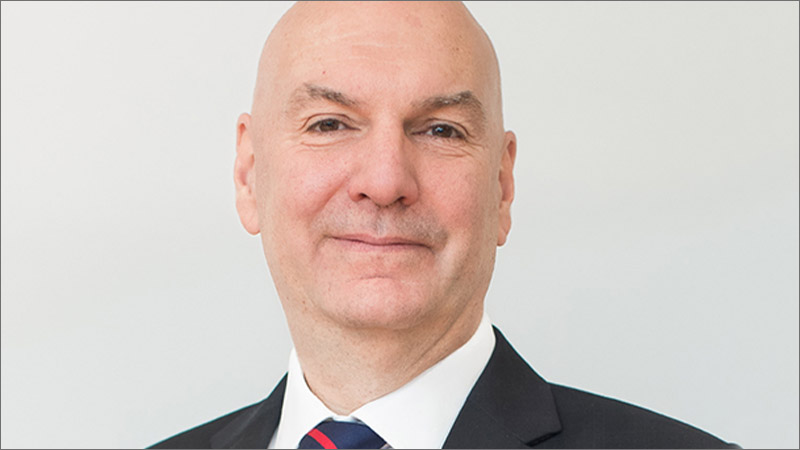Bionic advice key to SMSF take-up
Converting retirement advice into a mostly digitised process that focuses on lifestyle and income needs could help address the gap in advice needs among SMSFs and concerns trustees have around the perceived value of advice, according to a global asset manager.
Aberdeen Standard Investments head of retirement and product strategy Jason Nyilas told SMSF Adviser that following the group’s discussions with Australian platform providers and dealer groups, it was evident the advice industry needed to improve its use of digital tools to boost perceived value in the SMSF trustee market.
“SMSF trustees are crying out for more advice, and by making better use of digital and getting the balance right between adviser productivity and the client journey, we can deal with that in a meaningful way,” Mr Nyilas said.
In Aberdeen’s business as a platform and pension provider in the UK, the group was working on getting retirement advice down to a two-hour process with fees starting from $500, by making the process consumer-led with adviser input on only the more complex matters, Mr Nyilas said.
“We use a term called bionic advice, where we digitise the parts the client can use to better understand their circumstances and at the point where they want to get human interaction, we provide that face to face or over the phone in a very scaled way,” he said.
“What we’re trying to do is move from a 20-hour consultation period for retirement down to two, using this idea of digitising everything you can so the adviser knows exactly what the value-add points are, and can contact the client and say we’ll do a focused two-hour session on these points we need in order to get you to understand your investment strategy.”
By getting the client to fill out their own wealth data points and generating automatic modelling around their retirement income, advisers could boost their productivity while lowering the cost of advice and better educating clients around the sort of outcomes their super lump sum could generate, Mr Nyilas said.
“We’ve been working specifically on productivity in the UK, but we are finding at the same time that demand for advice is stronger because people are more educated in terms of what it will take shape as, and they have specific questions for their adviser,” he said.
This level of engagement could be key to converting more SMSF trustees into adviser clients, given the level of distrust in advisers that had been exacerbated by the royal commission.
“There is a desire for advice but also this lack of trust, and if I look at the SMSF base, what I don’t see is the bridge and the engagement to directly address that,” Mr Nyilas said.
“A lot of people are trying to heavily market platforms to the SMSF industry associations, and I don’t think they are seeing success because the SMSF base is not homogenous in terms of what they want.”


